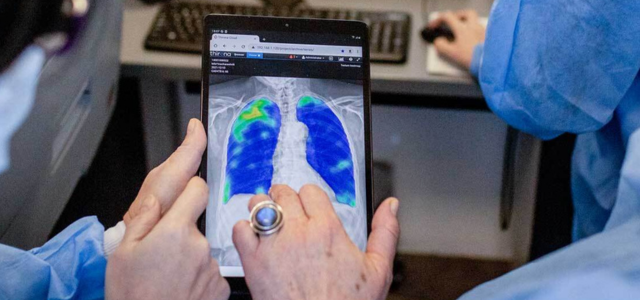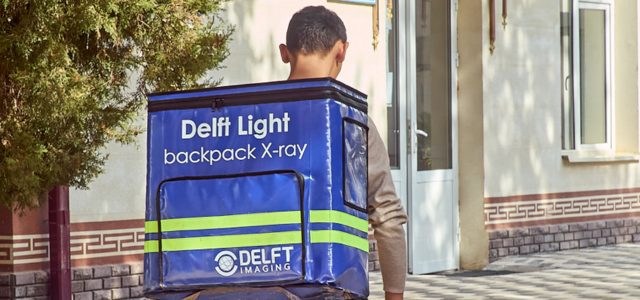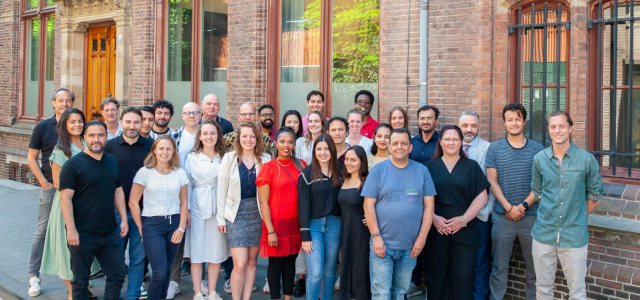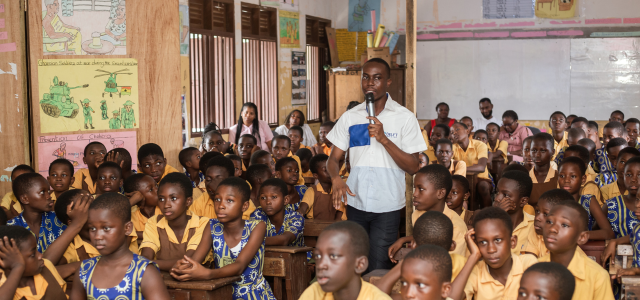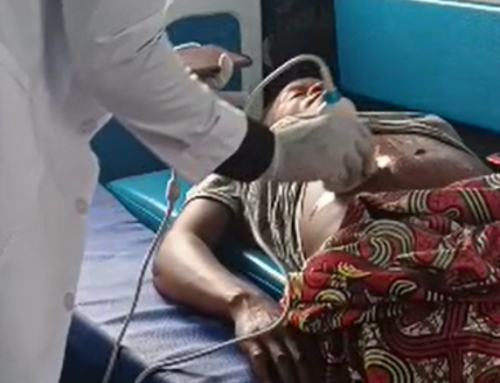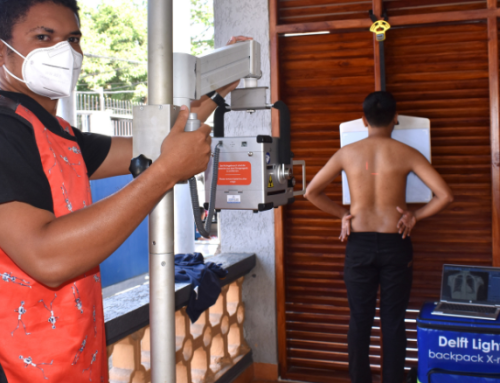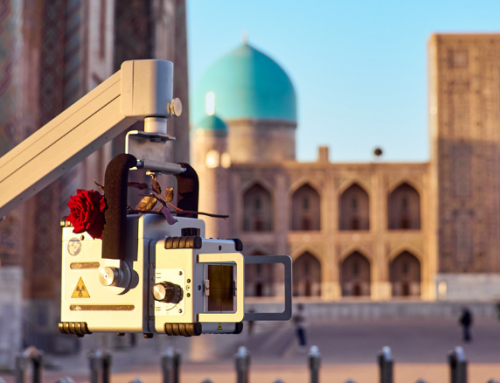Empowered local communities are the cornerstone of our dream: global health equity. Accessible healthcare is not guaranteed in most parts of the world. Various countries worldwide face challenges in providing healthcare to vulnerable and marginalised populations. Due to poverty, social stigma, lack of financial resources or punitive laws, these sections are often not included in the formal healthcare systems. Moreover, these barriers prevent them from participating in decision-making processes related to their well-being.

This is why investing in community-led initiatives is critical to ensuring health equity. Shifting the focus to people and communities changes the perspective. It gives agency to at-risk communities and helps existing health systems shape projects considering the socio-economic factors that marginalise these sections. Additionally, communities can design, implement and evaluate community-based solutions that advance health equity.
Discussing the impact of including community health workers in introducing digital health in Africa, Enya Seguin, Delft Imaging’s Manager for BabyChecker, says, “With BabyChecker, the possibility for midwives to become micro-entrepreneurs is an exciting prospect. Midwives could scan pregnant women during antenatal care check-ups at home and charge for that service. Health workers in Africa are severely underpaid. It’s clear that unless considerable changes are made, we can’t solely rely on the current government institutions to allocate the right amounts to pay our health workers. They are a structural pillar of the healthcare ecosystem and communities!” [1]
This sense of entrepreneurship and ownership towards community health can also be witnessed in the Shirati Foundation’s the Bonesetter Project. As a part of the project, the foundation is setting up a household survey that comprises of 16 local Tanzanian women. By equipping them with new skills and employment opportunities, through training, the project supports their personal development, while giving them the opportunity to care for their community. With a help of our portable x-ray machine, they confirm fractures and the lack thereof, at the participant’s home. [2]
Simply put, communities can design, implement, and evaluate community-based solutions that advance health equity. Community health workers play a crucial role as the first line of defense against infectious diseases and offer valuable insights for planning community health programs.
During a recent Delft Webinar, Dr. Banyar Maung, a scientist from the Shoklo Malaria Research Unit, discussed how various socio-economic factors affected the TB screening project and were taken into account. “Our target populations are migrants from Myanmar living in remote Thai villages. They find getting screened for TB and other health issues challenging, as many are illegal migrants with travel restrictions. Thus, they are not included in Thailand’s health system. We go to them since sending them to a clinic is difficult. So, we are doing both active and passive case findings. We use CAD4TB in free screening in the villages and our two TB clinics- one on each side of the Thailand-Myanmar border.”
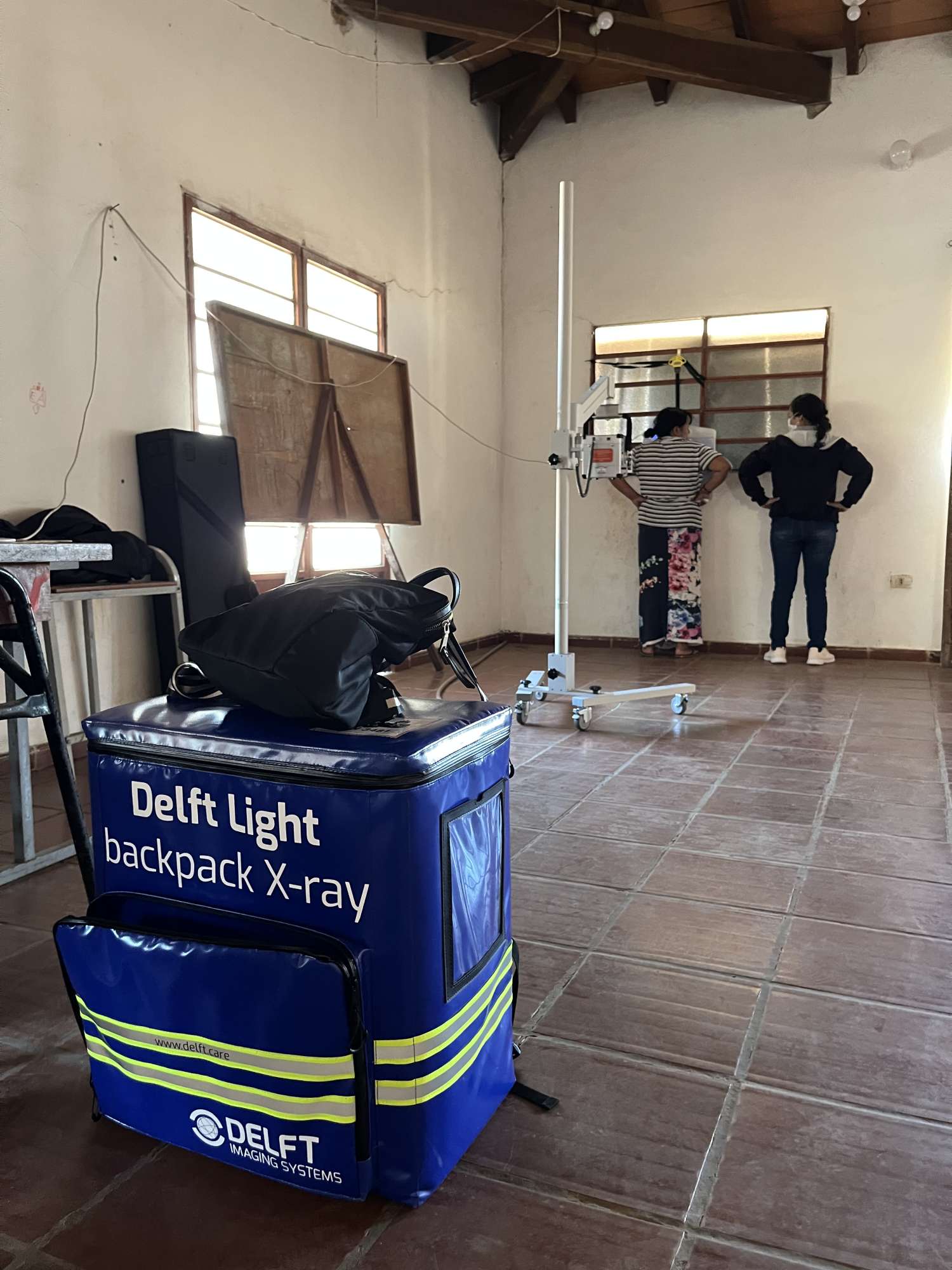
TB Screening in the Comunidad Maká community, Paraguay
Community engagement is the backbone of our existing health infrastructure. They influence and encourage fellow community sections to seek medical help. But it can only happen if everyone, including the public, governments, and civil society groups, come together to build a safer, healthier, more equitable world tomorrow.
[1] https://healthcaretransformers.com/digital-health/current-trends/healthcare-africa-digital-solutions/
[2] https://stichtingshirati.nl/posts/survey-team-training/?lang=en

